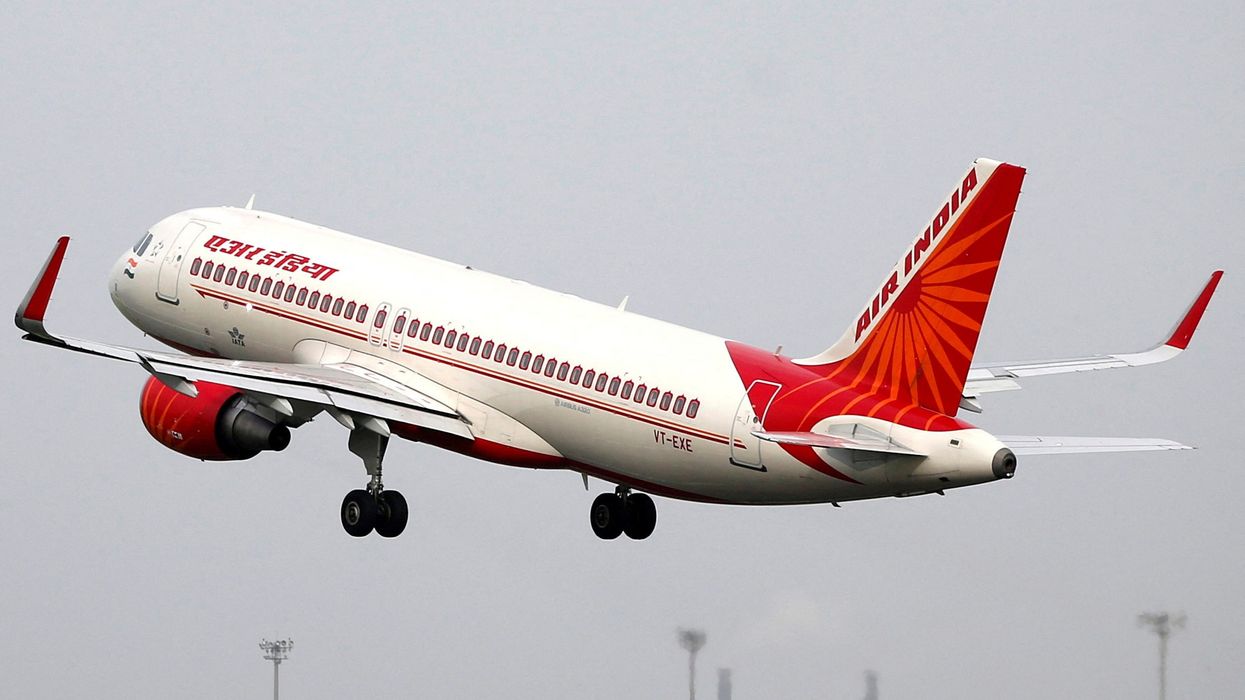INDIA’s aviation regulator has warned Air India for violating safety rules after three of its Airbus aircraft operated flights without undergoing mandatory checks on emergency escape slides, according to official documents reviewed by Reuters.
The Directorate General of Civil Aviation (DGCA) issued warning notices and a detailed investigation report highlighting the breach. These documents were sent days before the recent crash of an Air India Boeing 787-8, in which all but one of the 242 people onboard were killed. The Airbus incidents are unrelated to that crash.
According to the DGCA report, spot checks carried out in May found that three Air India Airbus aircraft were flown even though scheduled inspections on the escape slides – considered “critical emergency equipment” – were overdue.
One Airbus A320 was flown for more than a month before the check was completed on 15 May. AirNav Radar data showed that the aircraft operated international flights during that period, including to Dubai, Riyadh and Jeddah.
In another case, an Airbus A319 used on domestic routes had slide checks overdue by over three months. A third case involved a plane where the inspection was two days late.
“The above cases indicate that aircraft were operated with expired or unverified emergency equipment, which is a violation of standard airworthiness and safety requirements,” the DGCA report stated.
The report also said Air India failed to respond on time to DGCA’s queries on the issue, which “further evidenc[ed] weak procedural control and oversight.”
Air India, which was acquired by the Tata Group from the government in 2022, said in a statement that it was “accelerating” verification of all maintenance records, including escape slide checks, and expected to finish the process soon.
In one case, Air India said the issue came to light after an AI Engineering Services engineer “inadvertently deployed an escape slide during maintenance.”
The DGCA and Airbus did not respond to requests for comment from Reuters.
Vibhuti Singh, a former legal expert at India’s Aircraft Accident Investigation Bureau, said checks on escape slides are “a very serious issue. In case of accident, if they don’t open, it can lead to serious injuries.”
The DGCA report said aircraft that miss mandatory inspections have their airworthiness certificates “deemed suspended.”
The warning notices and report were issued by Animesh Garg, deputy director of airworthiness, and were addressed to Air India CEO Campbell Wilson, as well as the airline’s continuing airworthiness manager, quality manager and head of planning.
An Indian aviation lawyer told Reuters such breaches often lead to monetary and civil penalties for both the airline and individual executives.
Wilson said in a 2023 interview with Reuters that global parts shortages were affecting most airlines, but the problem was “more acute” for Air India, whose “product is obviously a lot more dated,” with many aircraft not updated since 2010-2011.
‘Systemic control failure’
The DGCA report said some Air India aircraft inspected by officials also had outdated registration paperwork. Air India told Reuters that all but one of its aircraft met the required standards and said this “poses no impact” to safety.
The report criticised the airline’s internal oversight systems, stating: “Despite prior notifications and identified deficiencies, the organisation’s internal quality and planning departments failed to implement effective corrective action, indicating systemic control failure.”
India’s junior aviation minister told parliament in February that airlines were fined or warned in 23 cases over safety violations last year. Of these, 12 involved Air India and Air India Express. One case involved “unauthorised entry into cockpit”, and the biggest fine – $127,000 – was imposed on Air India for “insufficient oxygen on board” during a San Francisco-bound flight.
Air India’s Chairman N Chandrasekaran addressed employees on Monday, calling on staff to remain focused amid criticism following last week’s crash and said the incident should serve as a catalyst to build a safer airline.
(With inputs from Reuters)




